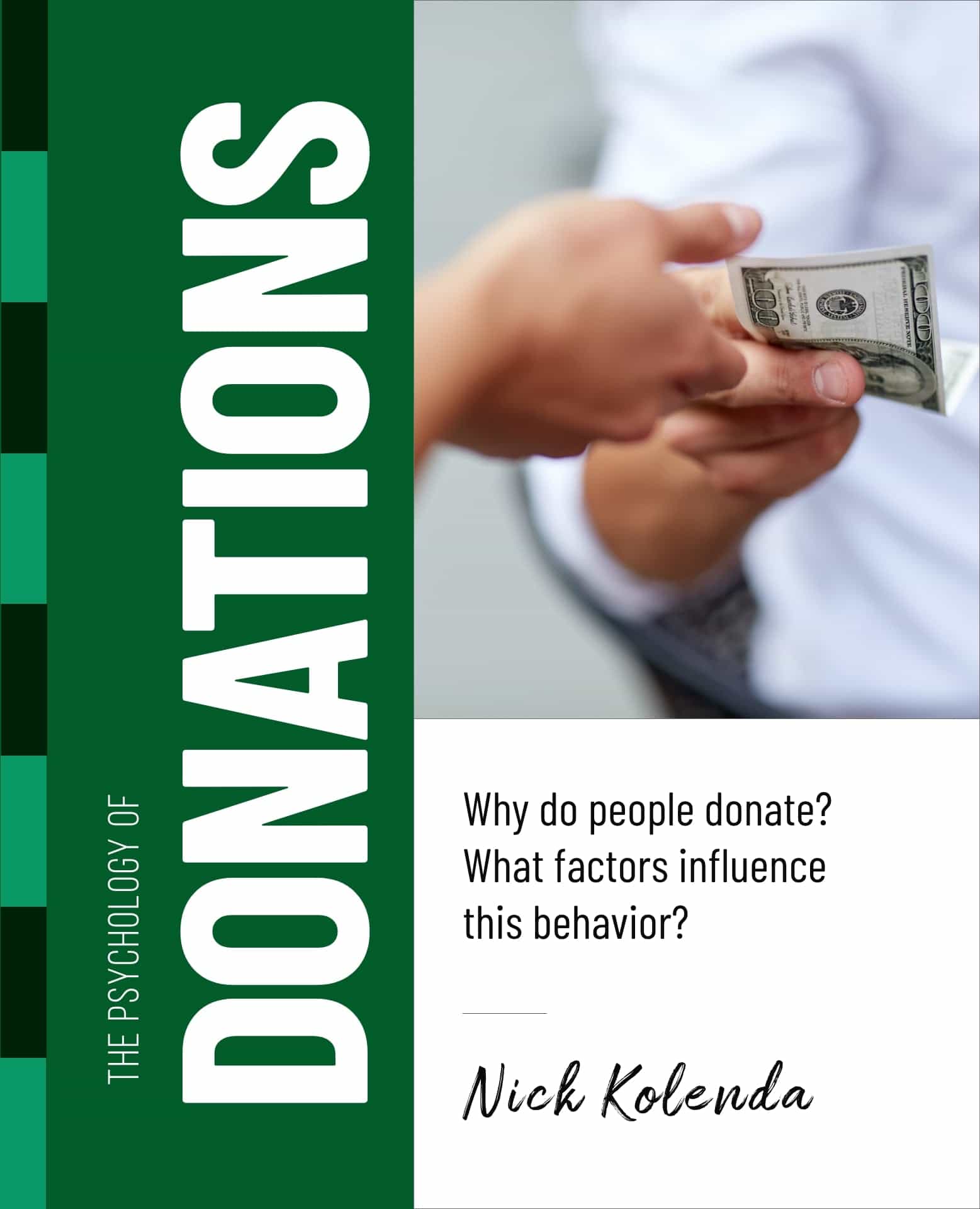
Describe the Tangible Outcome of Donations
Nonprofit
Describe the Tangible Outcome of Donations
Specify how their donation will be used.
Help donors see the impact of their donation.
Researchers compared two charities:
- UNICEF - Funds projects for children’s health
- SPN - Buys bed nets to stop the spread of malaria
Donors felt happier with SPN because of the tangible outcome (Aknin et al., 2013).
Donations feel most gratifying when they alleviate a negative impact.
For example, researchers categorized the valence of 5,000 donation appeals from a television station:
- Positive: “Tried and true television.”
- Negative: “Government funding has been cut $20 million”
They also categorized who would receive the benefit:
- Self: “Enjoy the best in commercial-free films”
- Other: "Support our educational children’s shows"
Only one combination was effective: Negative appeals that affected other people (Fisher et al., 2008).

In fact, appealing to viewers backfired:
When the fund-raising appeals focused on the personal or selfish benefits associated with contributing to the station, the donation became a payment in exchange for commercial-free entertainment rather than an act of giving. This type of donation does not have the same potential to enhance self-esteem (Fisher et al., 2008)
How to Apply
- Let Donors Choose the Purpose of Their Donation. Save the Children offers tangible outcomes across donation tiers. In a field study with 40,000 donors, a charity boosted revenue by 42 percent when they followed a similar approach (Esterzon et al., 2023).

- Show the Journey of a Donation. Charity: Water produced a video that illustrates how they’re able to extract maximum impact from each donation.

- Aknin, L. B., Dunn, E. W., Whillans, A. V., Grant, A. M., & Norton, M. I. (2013). Making a difference matters: Impact unlocks the emotional benefits of prosocial spending. Journal of Economic Behavior & Organization, 88, 90-95.
- Esterzon, E., Lemmens, A., & Van den Bergh, B. (2023). Enhancing Donor Agency to Improve Charitable Giving: Strategies and Heterogeneity. JOURNAL OF MARKETING.
- Fisher, R. J., Vandenbosch, M., & Antia, K. D. (2008). An empathy-helping perspective on consumers' responses to fund-raising appeals. Journal of consumer research, 35(3), 519-531.

Want more tactics?
Get all my free donations tactics